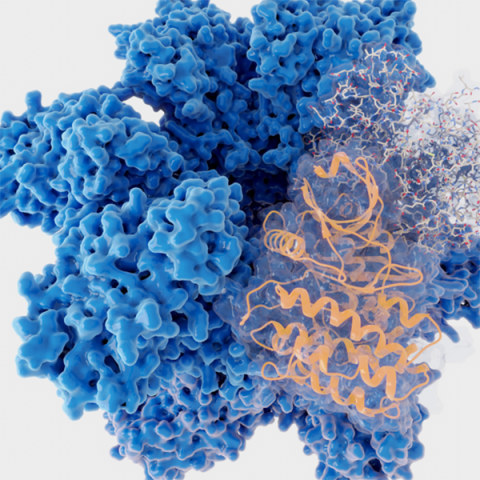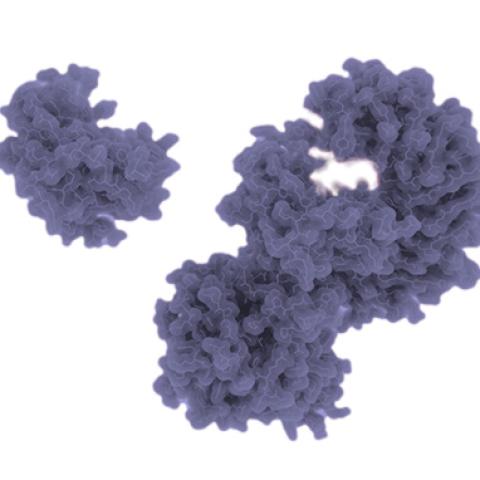Potential Impact of Kinase-based Medicine
Kinases play an important role in regulating cellular functions and the communication of cells with their environments. When dysregulated, kinases contribute to the development and progression of diseases including cancer and inflammatory and autoimmune diseases.




